To provide the best experiences, we use technologies like cookies to store and/or access device information. Consenting to these technologies will allow us to process data such as browsing behaviour or unique IDs on this site. Not consenting or withdrawing consent, may adversely affect certain features and functions.
The technical storage or access is strictly necessary for the legitimate purpose of enabling the use of a specific service explicitly requested by the subscriber or user, or for the sole purpose of carrying out the transmission of a communication over an electronic communications network.
The technical storage or access is necessary for the legitimate purpose of storing preferences that are not requested by the subscriber or user.
The technical storage or access that is used exclusively for statistical purposes.
The technical storage or access that is used exclusively for anonymous statistical purposes. Without a subpoena, voluntary compliance on the part of your Internet Service Provider, or additional records from a third party, information stored or retrieved for this purpose alone cannot usually be used to identify you.
The technical storage or access is required to create user profiles to send advertising, or to track the user on a website or across several websites for similar marketing purposes.
 Graduates today are largely considered to be the ‘net generation’. Growing up whilst social media accelerated, their years in higher education have been synonymous with digital literacy, even before COVID-19 turned their studies entirely virtual. This monumental move into a digital workplace also echoed throughout the job market. As offices closed in Spring and millions were furloughed across hospitality, retail and travel, demand spiked by 36 percent for roles advertised in the digital tech sector. (more…)
Graduates today are largely considered to be the ‘net generation’. Growing up whilst social media accelerated, their years in higher education have been synonymous with digital literacy, even before COVID-19 turned their studies entirely virtual. This monumental move into a digital workplace also echoed throughout the job market. As offices closed in Spring and millions were furloughed across hospitality, retail and travel, demand spiked by 36 percent for roles advertised in the digital tech sector. (more…)











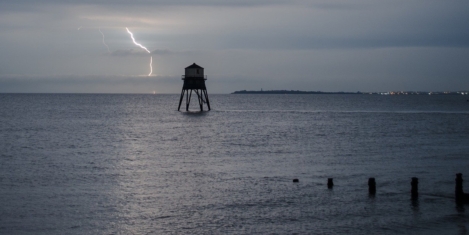

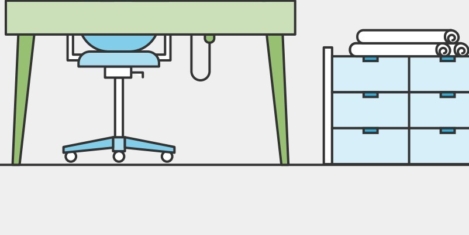
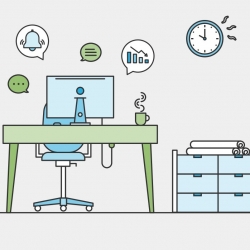








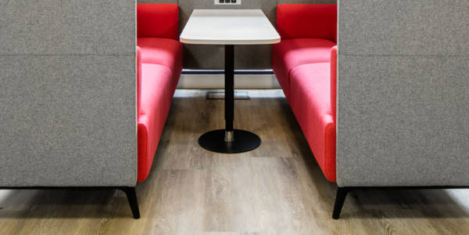
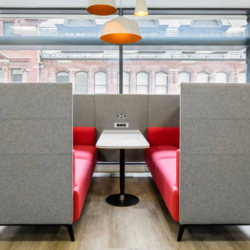











October 26, 2020
Office design should embrace the new digital workplace
by John Comacchio • Comment, Workplace design